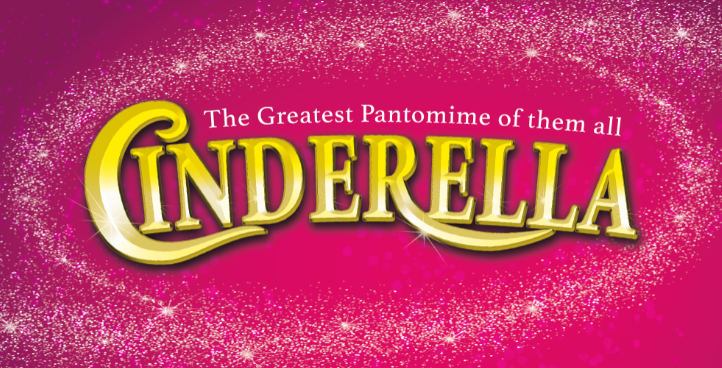
When it comes to getting in the festive spirit, Newport might not always be the first thought that pops into your head. But Newport’s Riverfront venue was full of festive cheer this week as the City served up the first Christmas Panto of the season – the biggest the city’s arts team has ever staged.
One of eight venues run under the City’s ‘Newport Live’ banner, the Riverfront sits on the banks of the River Usk, and you can glimpse the city’s distinctive red ‘Steel Wave’ sculpture by Peter Finch from the windows of the café and terrace. For Cardiff and Valleys audiences, the Riverfront won’t be front of mind when it comes to theatre and the arts, with the WMC, New Theatre, Sherman and RCT’s Park & Dare and Coliseum venues hosting their own festive programme of new and family favourites. For many round my way, a trip to Porthcawl is an annual tradition that just can’t be broken.
So why go to Newport?
The Riverfront is far from a one trick pantomime horse. I had been before with my daughter to spend our Tempo Time Credits at a family cinema event and had a great experience. The venue has two theatre spaces, a dance and recording studio and ample accessible space to visit its café and hold events and workshops.
It’s position just a few minutes away from the Friar Walk shopping development is also a great way to get in some Christmas shopping and a pre-theatre dinner in walking distance to your show.
One thing you might notice about the Riverfront, though? The staff are great. I mean really great and genuinely interested in you and your experience. It’s something I haven’t noticed as much in some of Cardiff’s more famous venues. Perhaps they don’t have to work as hard for your custom…
That’s not to downplay what others are doing, but I really did notice a marked difference. Riverfront/Newport Live staff greet you, look you, look you in the eye and ask you about your day, ask you your thoughts on the show. There was a definite family feel in this venue that I hadn’t been expecting.
So this year’s show? An impressive turn from some familiar faces to audiences, with Gareth Tempest returning to this year’s performance as Prince Charming (being a former member of the children’s chorus at Riverfront in 2004) and Newport native Keiron Self as Buttons.
Actor Richard Elis (Eastenders, The Bill, Casualty and The Bill) does a fantastic turn as Candy, one half of the awfully endearing ugly sisters alongside Geraint Rhys Edwards as Flossie. Any Welsh speakers who love his silly and sassy Welshie portrayals and skits on ‘Hansch’ will be tickled pink to see his face in the programme.
Elis and Edwards have fantastic energy and sassy pants to go with their comic chops. They don’t even have to be speaking to make you cackle.
Between them and Keiron Self as love-sick buttons, there are plenty of quips, cheeseball lines, puns and innuendo you’d expect to see at the panto – not all of it hilarious, mind! The show’s setting in ‘Newport Bay’ by the sea is interesting and the set and staging is very well done, with the ensemble cast and choreography by Angela Sheppard bringing the show to life. I’d like to have seen more comedy spread to the female cast members as well…the traditional panto format shouldn’t save all the funny nuggets for the men. Trust me, Newport women are hilarious (my Newport family being the case in point!).
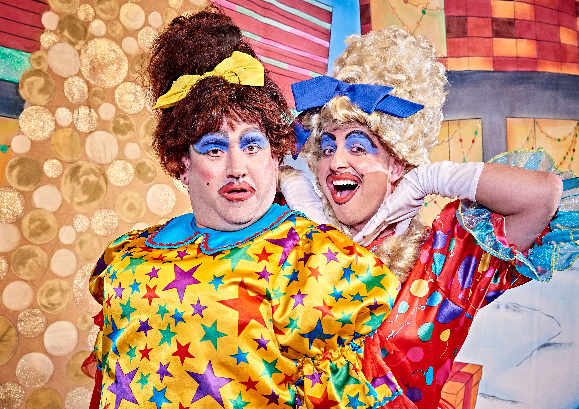
There’s a standout scene where Keiron Self is locked out in the rain and climbs up onto the roof while Cinderella is serenading the crowds. A beautiful bit of physical comedy. Of course, Cinderella and Prince Charming provide the schmaltz and the cheese, but their vocals are lovely and warming.
This year’s panto is part of a great 2019/2020 programme and I’d encourage you to consider it for your next night out.
Cardiff gets all the love and attention – it’s time to spread the love! Newport should no longer be the Ugly Sister when it comes to Theatre (ohhhh no it shouldn’t!).
Support your local arts venues, folks – and maybe….consider changing your usual haunt this year for a lovely little panto set in ‘Newport Bay’. Trust me, those Ugly Sisters will keep you chuckling long after the glitter’s been put away in January.
Cinderella is playing until 4th Jan 2020, see more at Riverfront








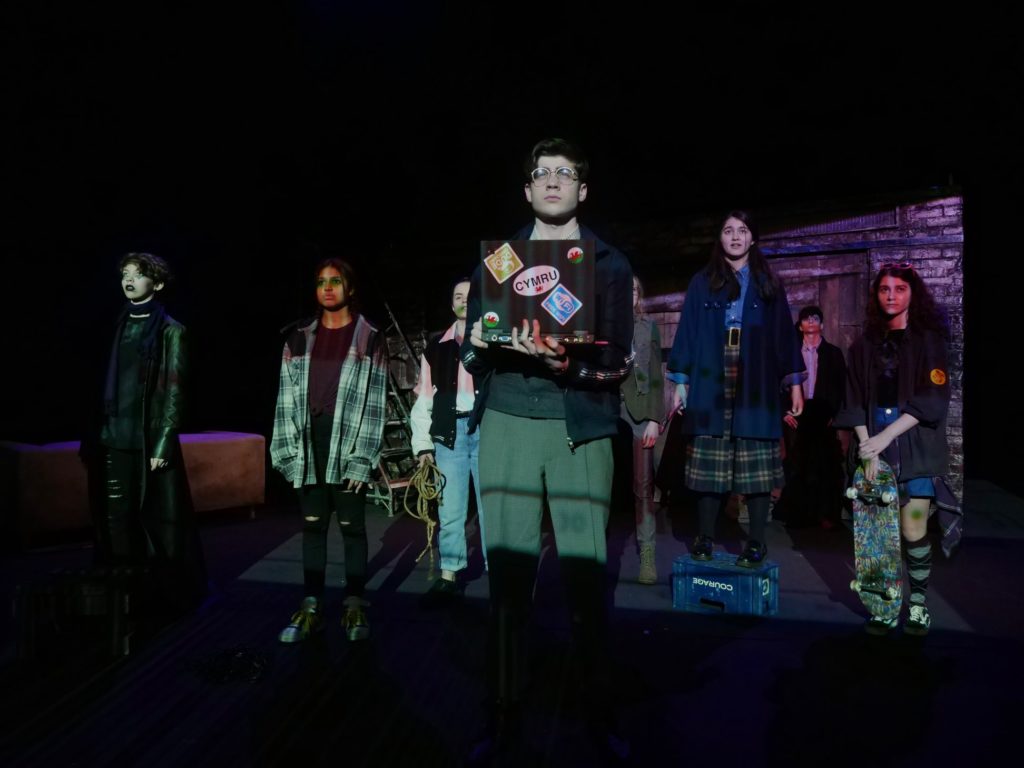
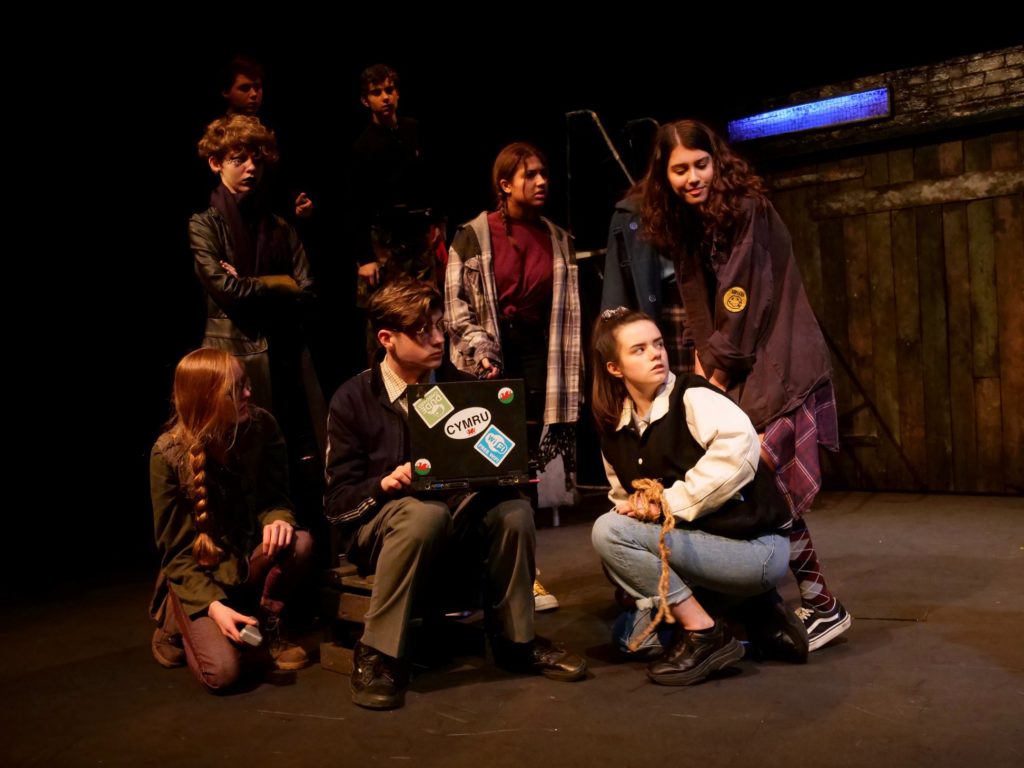
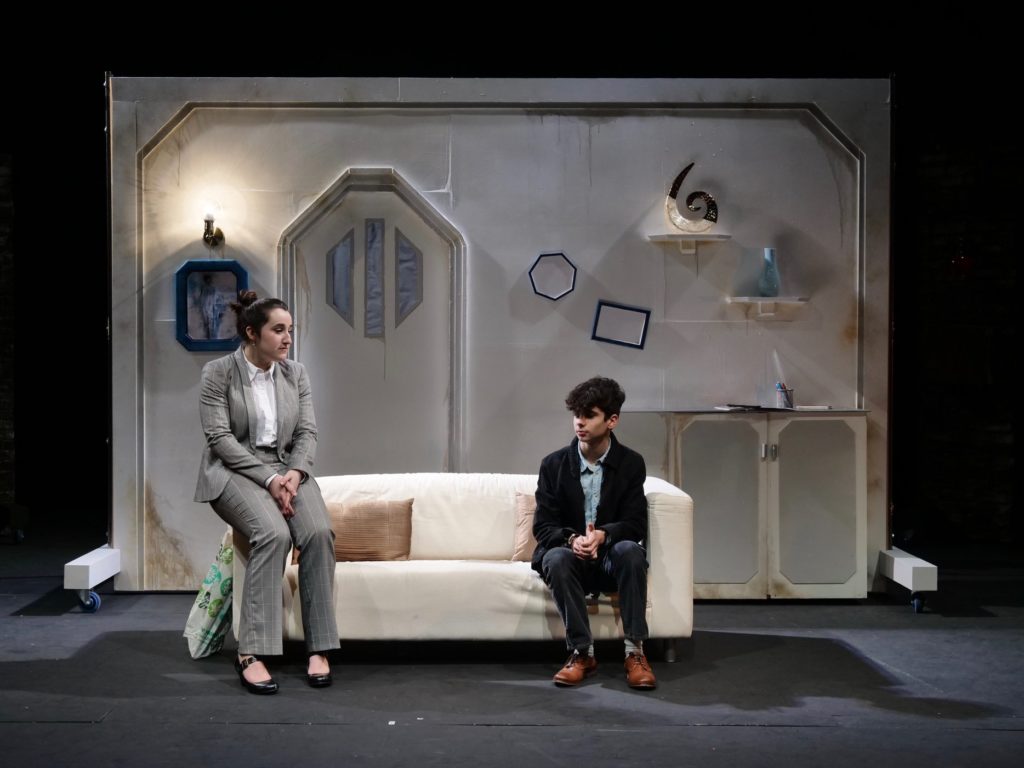
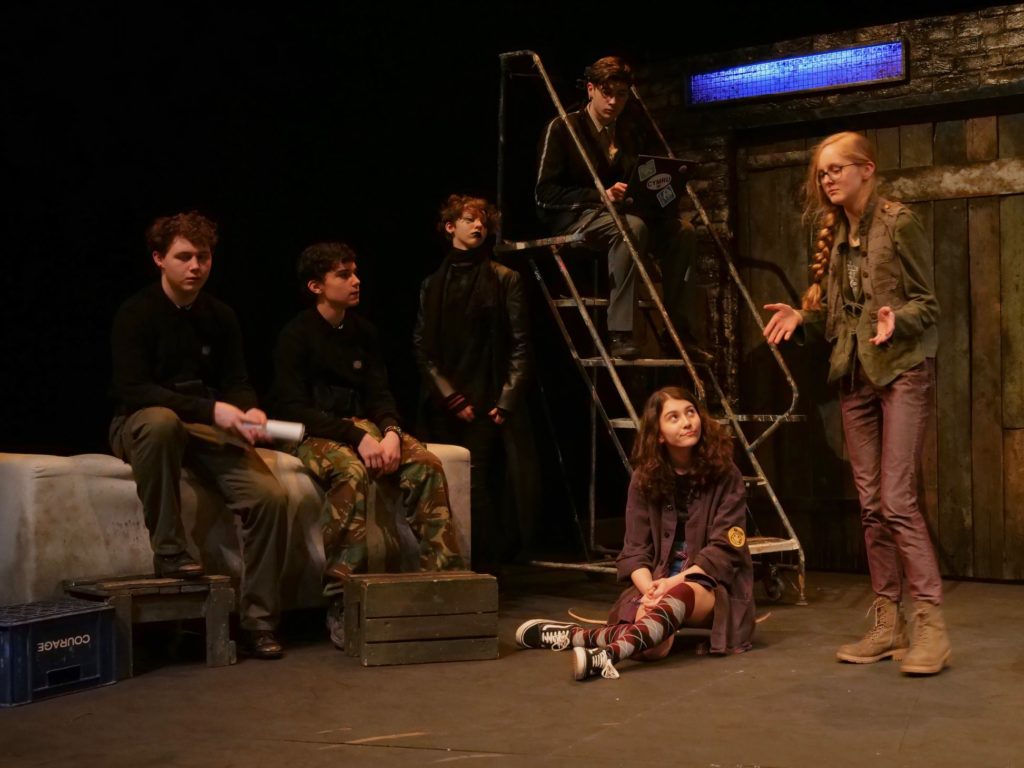
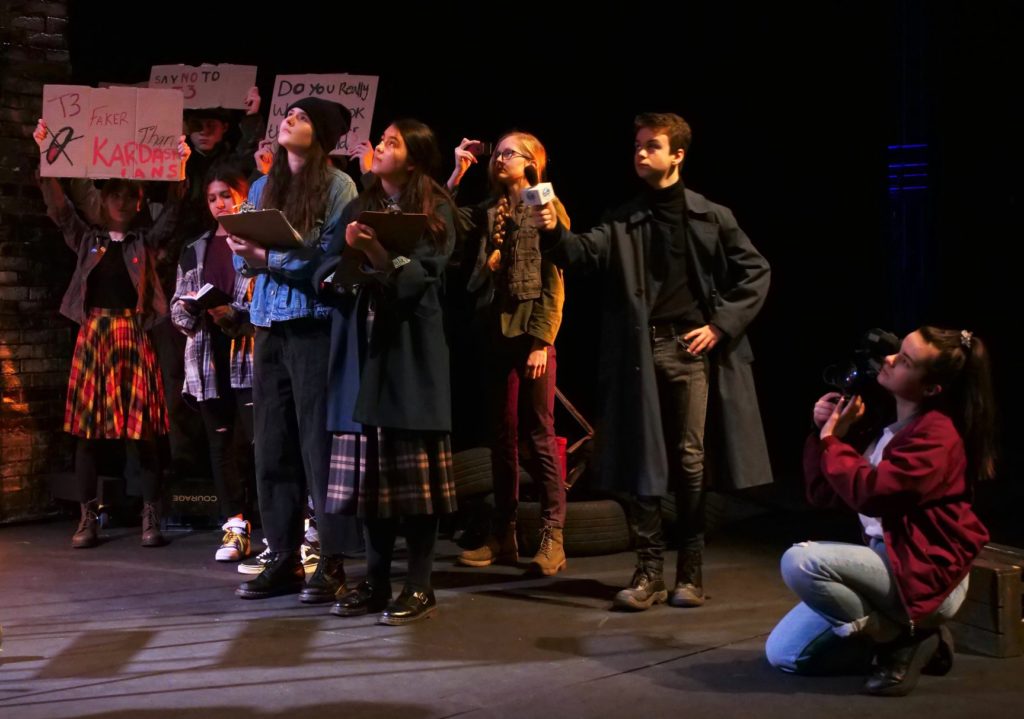
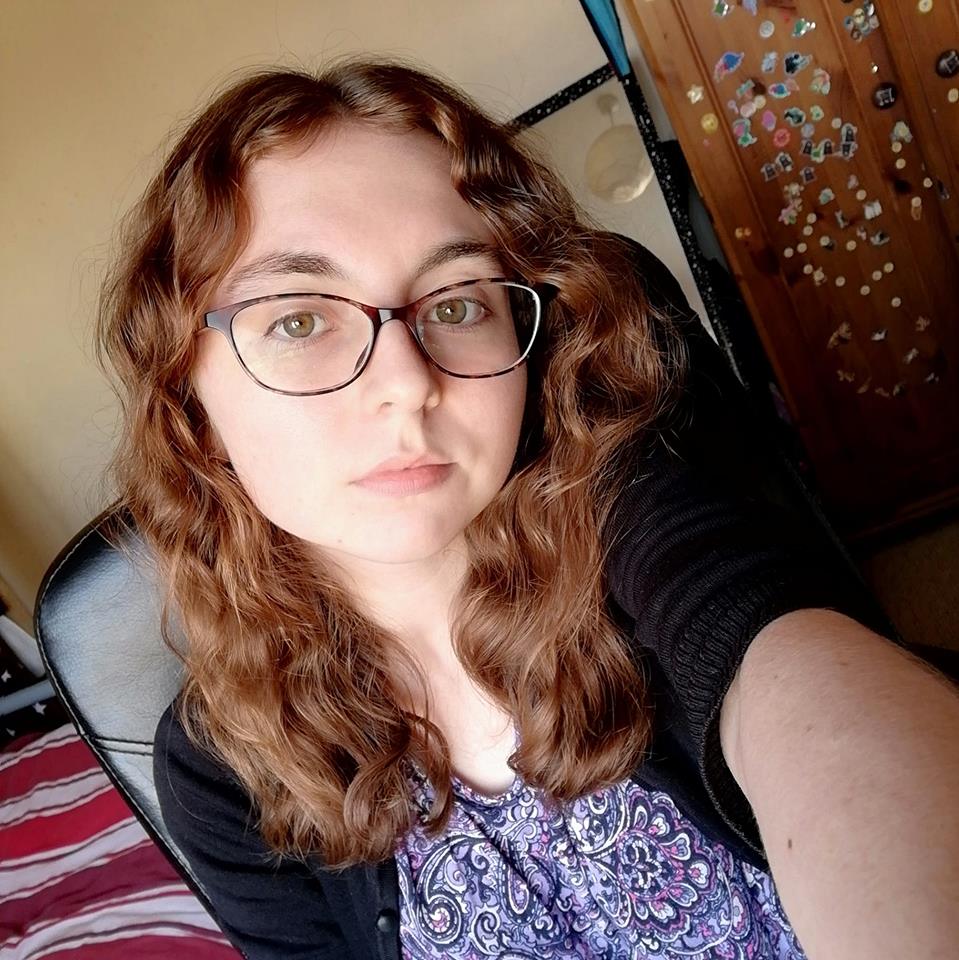
 (3 / 5)
(3 / 5)


 (4 / 5)
(4 / 5) (5 / 5)
(5 / 5)